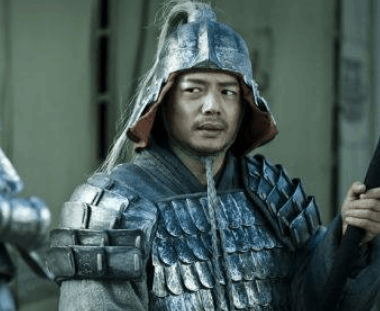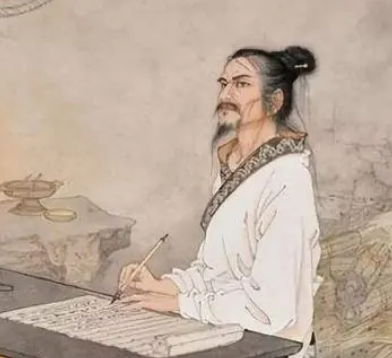In the magnificent hall of ancient Greek philosophy, Socrates and Plato are two masters that cannot be ignored. Their relationship is not only one of teacher and student, but also a bridge for the development of ideas. This article will explore whether Plato was a student of Socrates, and the ideological differences between them.

First of all, indeed, Plato was one of the direct students of Socrates. Socrates himself did not leave any written works, and our understanding of him mainly comes from the records of his students, including Plato, Xenophon, Aristotle, and others. Plato spread Socrates' ideas through the form of dialogues and developed his own philosophical system based on them. Therefore, Plato is not only a student of Socrates but also an inheritor and developer of his ideas.
However, despite Plato's profound influence from Socrates, their ideas differ significantly in some aspects. Socrates advocated guiding people to recognize the limitations of their knowledge through question-and-answer dialogues (i.e., the Socratic method) to achieve an understanding of virtue and truth. His method focused more on moral philosophy and logical reasoning, rather than the systematic elaboration of abstract concepts.
In contrast, Plato's ideas are more systematic and metaphysical. In his work "The Republic," he proposed the theory of "Forms" (or Ideas), arguing that things in the real world are imperfect reflections of eternal and unchanging ideas. Plato emphasized that the world of ideas is the real world, and the material world perceived by the senses is merely a shadow of ideas. In addition, Plato also put forward theories about the immortality of the soul and the division of social classes, which were areas that Socrates had not delved into deeply.
In summary, although Plato was a devoted student of Socrates and inherited many of his ideas, he also added new perspectives and theories to his own philosophical explorations, thus forming a unique Platonism. This philosophical tradition not only influenced the development of ancient philosophy but also had a profound impact on later Christian theology and Western philosophy. From Socrates' question-and-answer exploration to Plato's theory of ideas, we can see how philosophical ideas are transmitted between teachers and students while constantly evolving and transforming.
Disclaimer: The above content is sourced from the internet and the copyright belongs to the original author. If there is any infringement of your original copyright, please inform us and we will delete the relevant content as soon as possible.





























